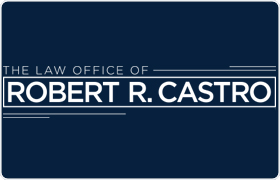Greenbelt Family Law Lawyer, Maryland
Sponsored Law Firm
-
 x
x

Click For More Info:
-
The Law Office of Robert R. Castro
2670 Crain Highway, Suite 411, Waldorf, MD 20601» view mapDivorce & Family Law Professional and Caring
We understand that you are looking for solid ground, now more than ever, and we want to be the legal team that provides you with that stability and confidence.
800-625-2520
Includes: Collaborative Law, Domestic Violence & Neglect, Paternity, Prenuptial Agreements
Gretchen K. Athias-White
✓ VERIFIEDDivorce & Family Law, Divorce, Child Custody, Child Support, Family Law
Gretchen Athias-White has been serving the family law needs of Bowie, MD for 21 years.
Ronald Willoner
Wills & Probate, Family Law, Banking & Finance, Medical Malpractice
Status: In Good Standing
Brian Xavier Pendergraft
Landlord-Tenant, Real Estate, Family Law, Criminal
Status: In Good Standing Licensed: 11 Years
Rosalyn W. Otieno
Farms, Family Law, Divorce, Child Support
Status: In Good Standing Licensed: 33 Years
Brian Joseph Markovitz
Estate Planning, Employment, Family Law, Civil Rights
Status: In Good Standing Licensed: 20 Years
Stephen A. Friedman
Family Law, Divorce & Family Law, Personal Injury, Professional Malpractice
Status: In Good Standing Licensed: 50 Years
Ernest Gregory Lardieri
Motor Vehicle, Domestic Violence & Neglect, Misdemeanor, DUI-DWI, Administrative Law
Status: In Good Standing
 Robert Castro Waldorf, MD
Robert Castro Waldorf, MD AboutThe Law Office of Robert R. Castro
AboutThe Law Office of Robert R. Castro Practice AreasDivorce & Family Law
Practice AreasDivorce & Family Law

